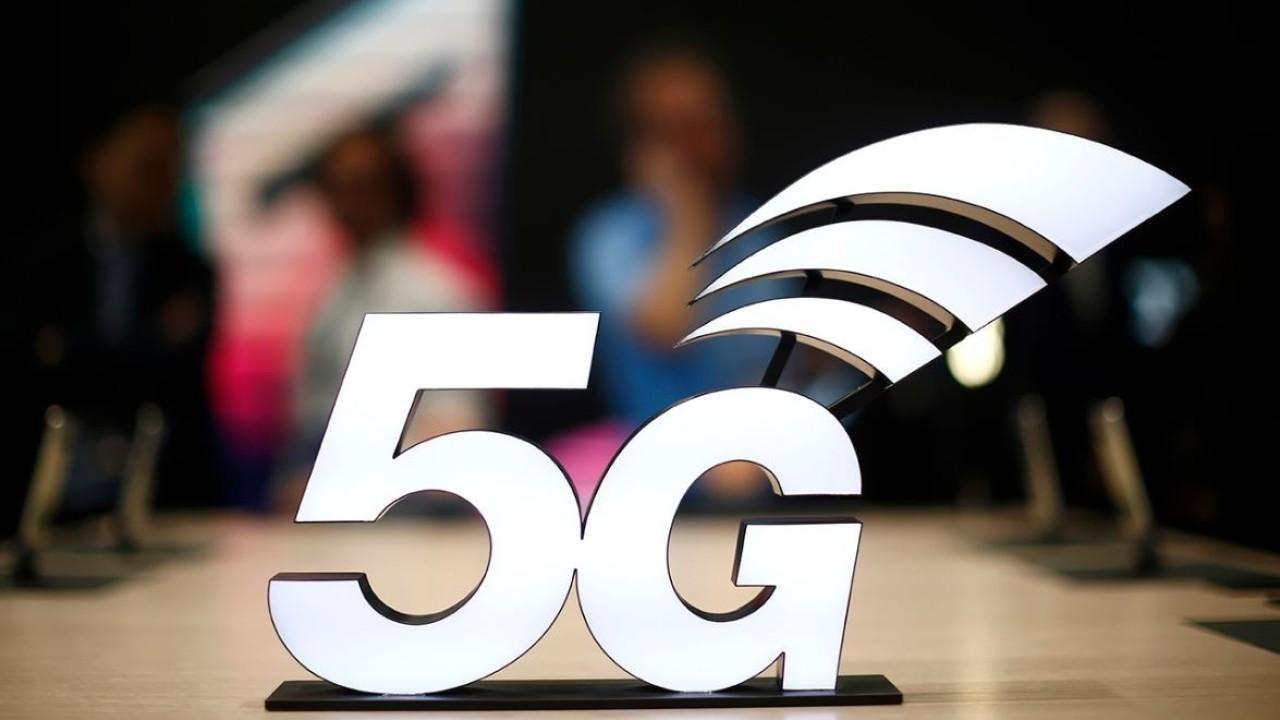Save GPS and share the 5G 'Sweet Spot' for the sake of our economy and security: Ex-Defense Secretary Cohen
An ill-considered recent decision by the FCC has the potential to do as much damage to our military capabilities as any adversary
The U.S. military has long been preparing for enemies to jam signals from Global Positioning System (GPS) satellites, which provide geolocation and timing data to enable our forces to conduct complex battlefield operations and hit targets with precision, minimizing civilian casualties. But an ill-considered recent decision by the Federal Communications Commission (FCC) has the potential to do as much damage to our military capabilities as any adversary could do.
On April 20, the FCC approved an application from Ligado Networks to repurpose spectrum that is intolerably close to spectrum used for GPS and tactical satellite communications essential to our combat troops, especially our special operations forces.
CORONAVIRUS 'DEBT BOMB': REPUBLICANS CONCERNED ABOUT MILITARY FUNDING
The FCC ignored appeals by Pentagon leadership and a dozen civilian agencies concerned about the impacts of the FCC’s action to the economy, public safety and national security.
Spectrum is a finite resource, so Congress appointed the National Telecommunications and Information Administration (NTIA) and FCC to assign spectrum to, respectively, federal government and other users.
Earlier this month, NTIA cautioned the FCC, recalling the FCC’s pledge not to approve Ligado unless, after consulting with NTIA, it concluded that concerns over harmful interference had been resolved. NTIA categorically stated that the FCC “cannot reasonably reach such a conclusion.”
Ultimate authority and responsibility remain with Congress, which should suspend the FCC’s action to allow time for a thoughtful review to both protect national security and avoid U.S. spectrum policy launching into a technical cul-de-sac.
The Senate Armed Services Committee has scheduled a hearing on this matter for May 6, which is a responsible first step.
The Pentagon bureaucracy has a reputation for resistance to ideas to transfer or share spectrum. That posture has frustrated not only phone carriers and the FCC, but also me and other Secretaries of Defense who have wanted to leverage for national security the commercial sector’s investment in technology development that has been skyrocketing since the 1990s.
A year ago, the Defense Innovation Board of technology sector experts urged the U.S. government to share with commercial users the spectrum that the Pentagon controls in the 3 and 4 GHz range, which is the spectrum preferred worldwide for 5G systems.
The Board called the FCC and Pentagon’s effort to reserve that spectrum for military use “fundamentally flawed,” noting that U.S. military forces operating overseas will have to co-exist with civilian users of that spectrum and so should develop spectrum sharing mechanisms now. Enabling U.S. phone carriers to use the same 5G spectrum as other countries also would help the U.S. technology industry to succeed in the market – and to support the U.S. military.
FAMED ECONOMIST WRITES $100B CORONAVIRUS PLAN TO TEST ALL AMERICANS
The FCC ignored this sound advice by approving Ligado’s pursuit of 5G service in spectrum that the rest of the world has not designated for 5G use.
Even worse, The FCC overlooked the fact that the Pentagon, Transportation Department, and a dozen other federal agencies argue this same spectrum must be protected for warfighters, aviation and public safety, weather forecasting, financial systems, transportation systems, and other critical functions that depend on GPS and mobile satellite communications.
As it happens, DOD has been promoting an approach to help the U.S. achieve global 5G leadership. Under Secretary for Research and Engineering Michael Griffin, Chief Information Officer Dana Deasy, and senior career officials such as Dr. Lisa Porter and Ellen Purdy have pursued innovative efforts to enable military and civilian users to share spectrum in the 5G “sweet spot” of 3 and 4 GHz.
The Pentagon is funding prototypes to see how the lower end of this sweet spot used by military radars can be shared with 5G commercial operators, using $200 million and special acquisition authorities Congress provided to avoid Pentagon red tape. Another half-billion dollars is requested for next year.
GET FOX BUSINESS ON THE GO BY CLICKING HERE
Since September, the Navy’s band in the middle of this sweet spot has been available for civilian use. Apple, Google, Samsung and other major device makers have smartphones that can operate on this shared band and seamlessly switch to another band when the Navy needs it, just as smartphones have long toggled between 4G and 3G networks with users generally unaware.
Two months ago, the FCC reallocated the upper end of this sweet spot (known as the “Satellite C Band”) to 5G mobile carriers who will bid for the spectrum at auction scheduled for later this year. The FCC transferred that spectrum from satellite communications operators with an incentive payment to the operators and auction revenues to the Treasury, benefiting U.S. taxpayers.
These efforts to share the 5G sweet spot are the right approach to promoting US 5G leadership, not the FCC’s ill-considered action that leads down a 5G dead-end and threatens GPS and tactical satellite communications.
Congress has supported this sweet spot approach and needs to act promptly to undo the FCC’s action to protect both our economic and national security.
William Cohen is a former Secretary of Defense and United States Senator who is now Chairman/CEO of The Cohen Group.




















